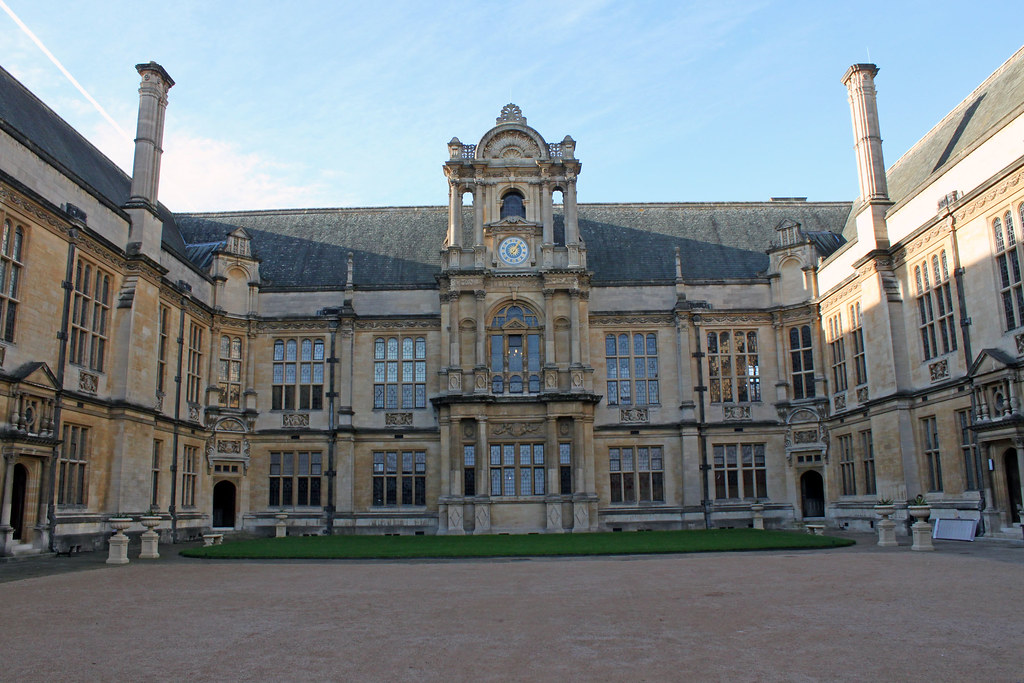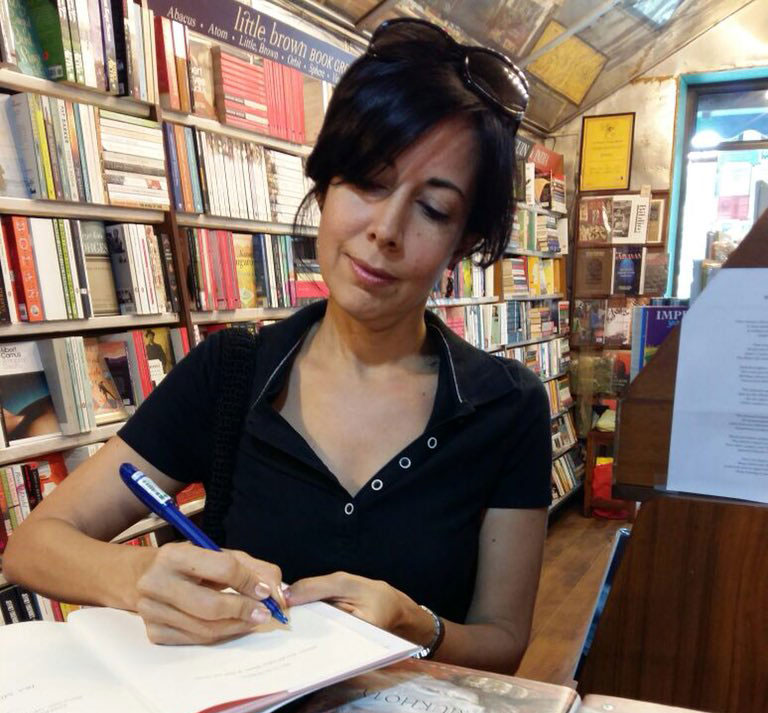Stormy petrels seldom have a cache beyond a point. They are rare in today’s universities, normally committed to propriety, or political lackeyism. Their presence in these precincts calls upon institutional guardians to put them in their place, that is, beyond the pale. The maverick figure of Norman Stone, former professor of modern history at Oxford, who passed away in late June aged 78, falls into this category. And his fate in death is instructive. In an example of Brexit Britain’s self-obsession, a person who was arguably one of the country’s most Europe-oriented historians is held up to ignominious judgment on issues of propriety.
In the Calcutta of the 1980s, Stone established a following for his Fontana History of Europe (1878-1919). Full of ideas, it put rulers and political regimes in a less than august place, but equally so the working population of farm and factory and the middle class. In spite of wild inaccuracies in detail, Stone’s book enhanced a reputation established by earlier work on the Eastern Front during World War I and specialist writing that made sense of the politics of the Habsburg monarchy.
The output was the result of a cloistered interlude in an adventurous life. Stone’s background was post-war Glasgow, and he was educated on a scholarship after the loss of his father to World War II. A mentor gave him his ease with languages which became the key to a Cambridge career that led him to a lecturership in the mid-1970s, and a fascination with Central and Eastern Europe. But he bored easily, and turned part-time media historian. He overcame a natural irreverence for politics to serve Margaret Thatcher in and out of prime ministership. With the end of the Cold War, he saw a Great Game unfolding in Europe, and a role for Britain. As Thatcher’s influence waned, he looked for a mission and found it in Turkey’s role in Europe and the former Union of Soviet Socialist Republics. He moved to Turkey. Later, with the rise of the new Right in Europe, he shifted to Hungary.
All this and due regard for Stone’s later (albeit slight) books on Hitler, Hungary, Romania and the Cold War would have merited honest mention and a tidy obituary.
But significantly, Stone in death was not deemed to merit an honourable exit. He was an example of Britain reaching deep into Europe. But he had combined a raucous life with short regard for academic propriety. So obituaries on Stone have been partisan in a deeply personal manner. Most pointed have been the black marks of the Cambridge Regius professor, Richard Evans, for Stone’s unprofessional treatment of his stints at Cambridge and Oxford, his inaccurate history and his dubious relations with women students. Evans wanted it noted that Stone was a bad boy among British historians. Not only was he often drunk, he womanized and bunked lectures, he also spurned decency and propriety. The most glaring example was Stone’s vicious attack on E.H. Carr in an obituary. What should have been an even assessment had degenerated into ad hominem invective, with limitations of history and failures of character being telescoped. Evans chose to ignore that Carr had almost ruined Stone through a scathing review around 10 years earlier. Rather, he pointed out that this was not the sole instance of Stone’s nasty prose. Evans was not alone in his views.
Others weighed in on behalf of Stone and the social media commented on Stone’s abilities as teacher, writer and wit. Turks, whose cause he adopted, spoke out for their spokesman. Friends, such as the Russianist Orlando Figes, had their say for a mentor of sorts. But, in the scrum, a point was made, the tone set by Evans, Britain’s Establishment Germanist — that invisible boundaries existed for the behaviour of the intellectual community beyond politics. Implied was that Stone’s example was of a life lived wrongly.
Stone would have laughed at the verdict. He had forced his adversaries to resort to his own instruments. They had used an obituary for behaviour for which they had indicted him. He had lived life on his own terms, and whether for good or bad was not a matter that he bothered with. His pique would have been that the conventions he despised should eclipse what he valued along with status and wealth: his advocacy of British awareness of Europe beyond the corridors of power and finance. But then that, in today’s Britain, is a smaller matter than issues of propriety.













